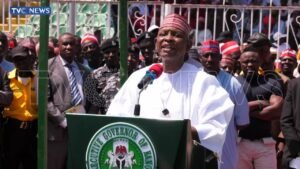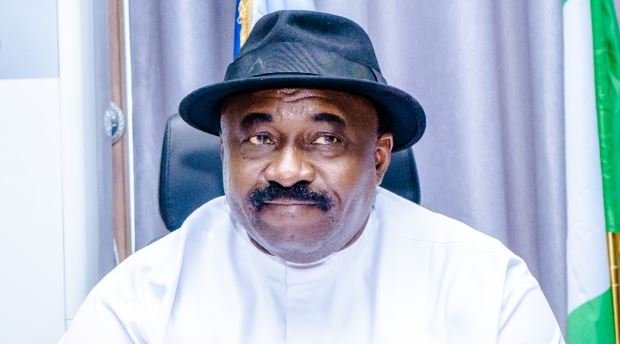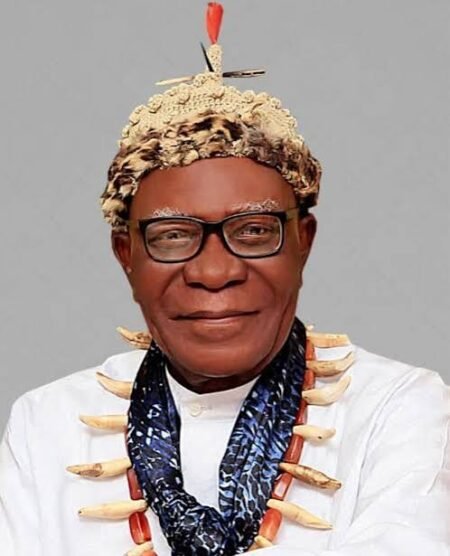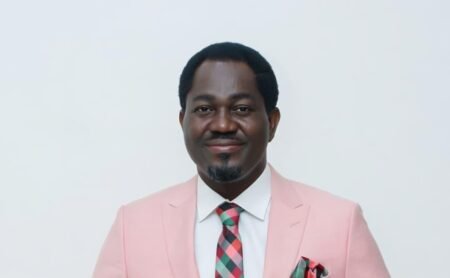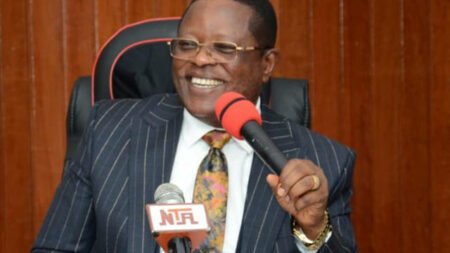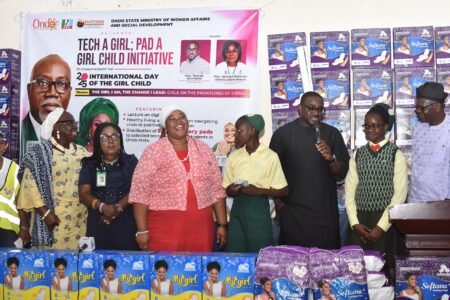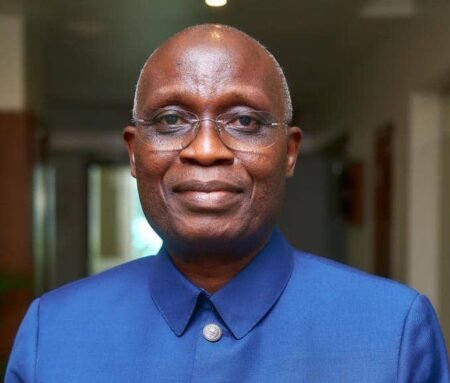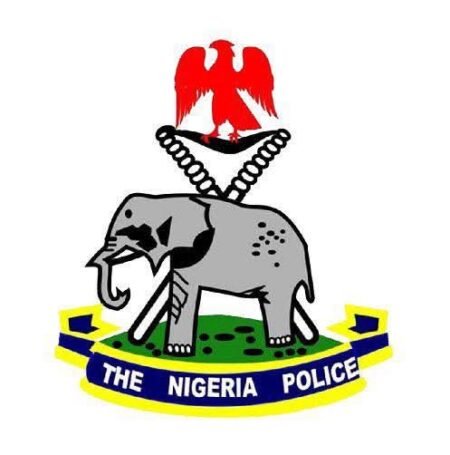2
…Says Nigerian pilots undergo world-class medical checks, random drug testing, and daily ramp inspections
The Nigeria Civil Aviation Authority (NCAA) has firmly debunked recent claims made by Senator Orji Uzor Kalu suggesting lapses in pilot training, substance use among flight crew, and alleged weaknesses in the Authority’s oversight responsibilities.
In a detailed statement signed by the Director-General of Civil Aviation, Capt. Chris Najomo, the NCAA described the Senator’s comments as “misleading and inconsistent with established regulatory realities,” while reaffirming the Authority’s commitment to the highest standards of aviation safety and professional integrity.
“The Nigeria Civil Aviation Authority maintains a rigorous and internationally recognised system for certifying and monitoring the medical and professional fitness of all pilots operating in Nigeria,” Najomo stated.
“No pilot is permitted to operate a Nigerian-registered aircraft without a valid licence and an up-to-date medical certificate, as stipulated by the Nigeria Civil Aviation Regulations (Nig. CARs). These processes are not cosmetic – they are robust, multi-layered, and designed to guarantee safety at all times,” he added.
According to the statement, holders of Commercial Pilot Licences (CPL) and Airline Transport Pilot Licences (ATPL) are mandated to obtain Class 1 Medical Certificates before operating any aircraft. These certificates, the NCAA explained, are issued only after comprehensive aero-medical evaluations conducted by NCAA-authorised examiners and reviewed by in-house assessors.
The examinations, it noted, cover cardiovascular, neurological, psychological, metabolic, respiratory, and visual assessments, alongside detailed screenings for substance use and mental or behavioural disorders.
“Every pilot must meet the physical and mental fitness standards set out in Nig. CARs Part 2.11.2.6(b),” Najomo elaborated. “We screen for psychoactive substances, abnormal blood pressure, heart or lung diseases, neurological conditions, and any medical factor that could impair safe flight operations. A pilot who fails any of these tests cannot and will not fly.”
Medical certificates, the NCAA emphasised, are valid for twelve months for pilots under 40 years old and six months for those above that age, after which full re-evaluation is mandatory before renewal.
To further ensure compliance, the NCAA enforces a zero-tolerance policy on alcohol and drug use. Nig. CARs Part 8.5.1.5 prohibits crew members from acting as flight crew within eight hours of consuming alcohol or under the influence of psychoactive substances. The Authority also conducts random and on-the-spot testing whenever intoxication is suspected.
“Our inspectors are empowered to carry out random drug and alcohol tests without prior notice, and the results of such tests are admissible as legal evidence,” Najomo said. “This is not theoretical oversight – it is practical, daily enforcement.”
Beyond medical checks, NCAA inspectors conduct daily ramp inspections across airports in the country, verifying licences, medical certificates, and flight readiness of crew members. Any irregularity, the statement noted, attracts immediate enforcement action.
Citing a recent case, the DGCA recalled that in August 2025, the Authority suspended the licence of a ValueJet pilot who initiated departure procedures without proper clearance, underscoring NCAA’s uncompromising stance on discipline and safety compliance.
Responding to the Senator’s claim that “modern aircraft take off and land automatically,” the NCAA clarified that while advanced aircraft systems such as autopilot and autoland assist pilots, they do not replace human control.
“Take-offs are entirely manual, executed solely by the pilots,” Najomo clarified. “Autopilot systems are engaged only after the aircraft reaches a safe altitude, and even autoland features – where available – require pilot supervision and specific conditions. Nigeria currently has no airport certified for Category III (CAT III) operations, which means every landing in our airspace is performed manually by our pilots.”
The NCAA highlighted that Nigeria’s aviation safety oversight continues to meet the International Civil Aviation Organization (ICAO) standards and has consistently passed ICAO’s Universal Safety Oversight Audit Programme (USOAP).
“Our record speaks for itself,” Najomo added. “Nigeria is recognised among countries that maintain effective safety supervision systems under ICAO. We are proud of our pilots and of the aviation professionals who uphold the integrity of our system every day.”
Reiterating its openness to collaboration, the NCAA assured the National Assembly and the public that it remains committed to strengthening aviation safety and public confidence through continuous inspections, enforcement, and stakeholder engagement.
“The safety of Nigeria’s air transport operations is paramount and uncompromised. While we acknowledge the Distinguished Senator’s concerns, they do not reflect the factual realities of our operations. We stand ready to engage constructively with all stakeholders, including the National Assembly, to sustain and enhance the integrity and global reputation of Nigeria’s aviation industry,” the DGCA concluded.
Read the full article here


